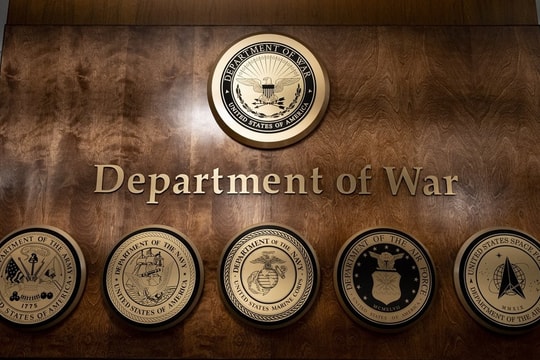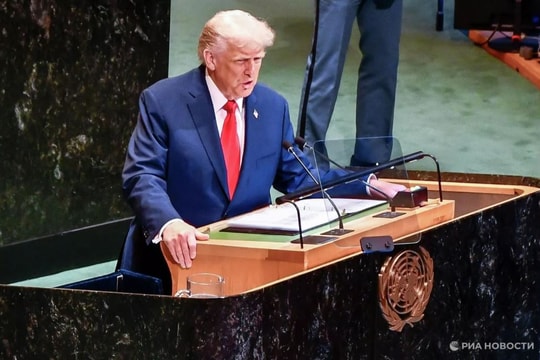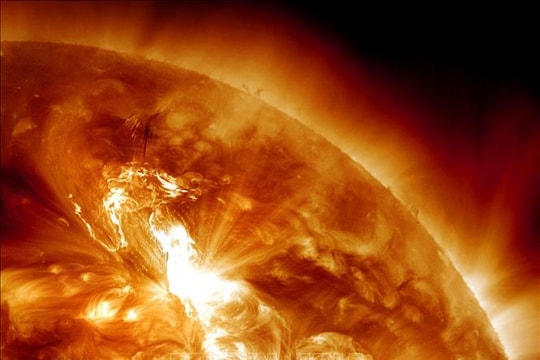Is the Syrian war fueling a Cold War version 2.0 between Russia and the West?
(Baonghean.vn) - The lightning airstrike by the US-France-UK coalition on Syria last weekend, in essence, clearly demonstrated a new escalation in the Russia-US confrontation.
Is an airstrike necessary?
The US, UK and France’s attack on Syria on April 14 as a punishment for the use of chemical weapons was something that had been predicted long ago. The statements of US President Donald Trump and many Western leaders pushed the event to the point where it was forced to happen.
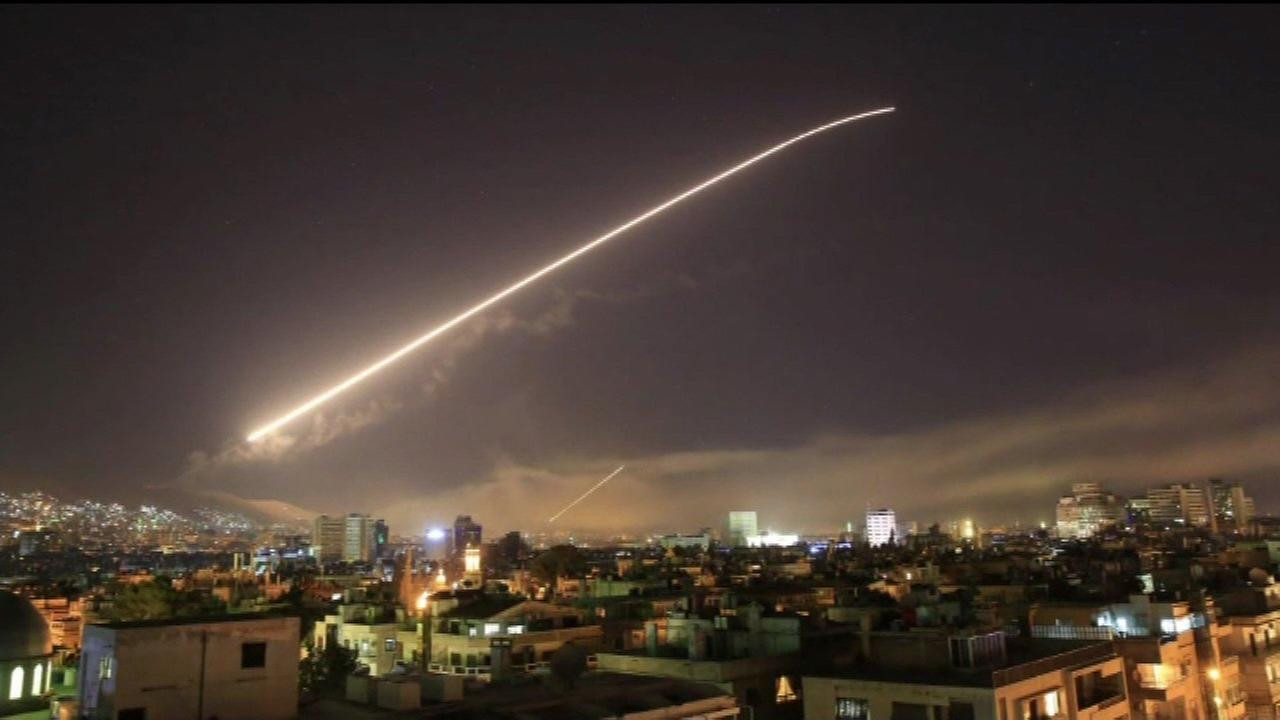 |
| The US, UK, and France launched more than 100 missiles into Syria. Photo: abc7 |
The only issue of concern is the extent and scale of this military action to both deter the Syrian government and its allies and prevent things from escalating. What has just happened has made clear the view of analysts that the military campaign of the three Western countries is essentially “having to fight because they said they would”, in other words, the attack on the morning of April 14 against Syria has been put in a position of no return.
The assessment comes as the US announced the end of the attack after more than an hour of airstrikes in what President Trump called a “precision strike”.
The subsequent announcement by French Foreign Minister Jean-Yves Le Drian of an “immediate” relaunch of a political process to end the current conflict in Syria further reinforced this argument.
Obviously, the US, UK and France do not want a military action that is too large that could create a dangerous turn for the situation in Syria, thereby also creating more excuses for the "main players" who are already present here, Russia and Iran, to join in.
Intertwined interests and the tug-of-war in the geostrategic region force all parties to be extremely cautious in every action to ensure national interests and keep themselves within a suitable safety threshold.
The attack by the US, UK and France on Syria in response to what the West suspects was the use of chemical weapons by President Bashar al-Assad's government against civilians is an act that goes against the rules and standards of the international community.
The excuse that the US uses to justify its actions is just a sophistry because until now, the suspected chemical weapons attack in the town of Douma, which is an opposition stronghold in Eastern Ghouta, a week ago has not been verified.
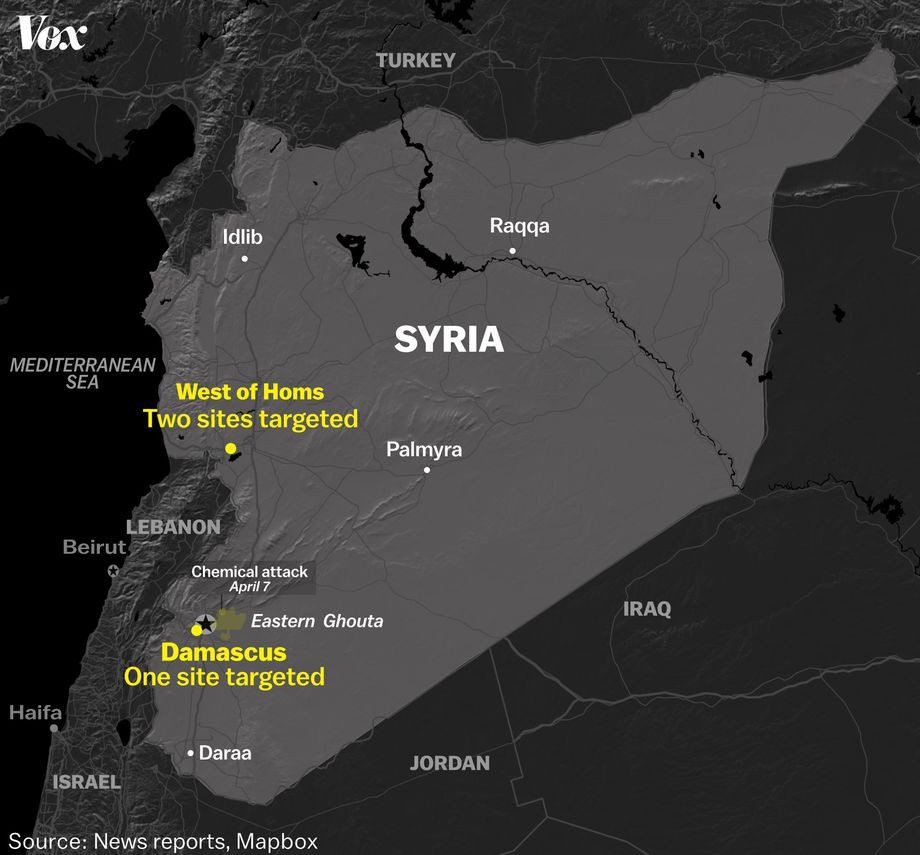 |
| Syrian locations attacked by missiles by the US, UK, and France. Photo: Vox |
Even the experts from the Organization for the Prohibition of Chemical Weapons sent to investigate the incident have not yet set foot in Douma. Russia has also just presented evidence of the possibility that there were forces that "fabricated" this attack in order to blame the Syrian government.
This possibility is not without basis, because this suspected chemical weapons attack was brought up by groups opposing the Damascus government in the context of the Syrian army almost completely controlling the Eastern Ghouta and Douma areas, only hunting down a small group of remaining opposition gunmen entrenched there.
The fine line
Obviously, the US and its allies have many incentives to attack Syria when the confrontation with Russia is being pushed to a climax. The presence of Russia in Syria makes all US plans here not come true up to this point.
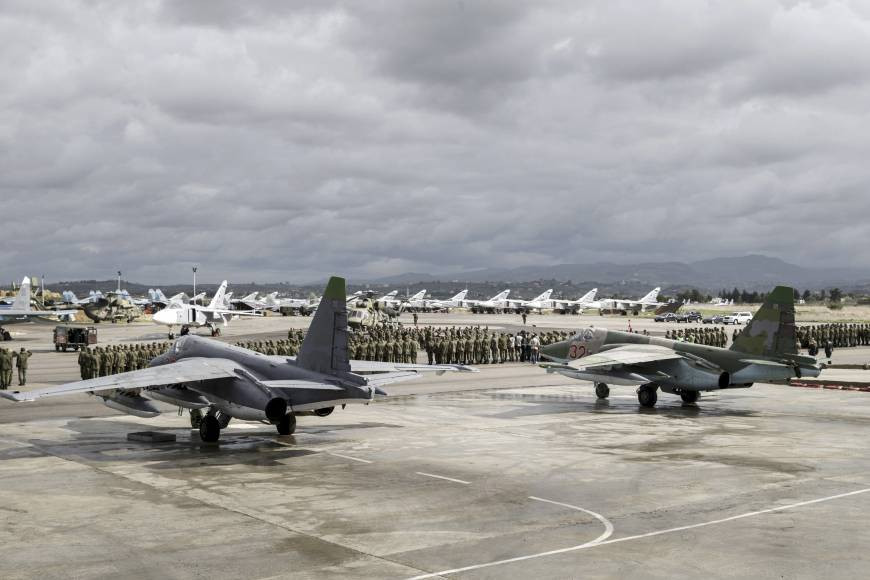 |
| Russian Air Force at Hmeymim base, Syria. Photo: Reuters |
Moscow's support for the Damascus government in the fight against the self-proclaimed Islamic State and in repelling rebel groups is unacceptable to the West at this time.
The prospect of rebel groups losing most of their territory and even being isolated is something the US and its allies do not want to see, because it marks the failure of Western policy in this Middle Eastern country.
The Russian military presence here, along with its support for the Syrian government in fighting rebels and terrorists, is the problem. It prevents the US from being strong even in military intervention. This was proven in the recent airstrike.
In a statement after the attack, UN Secretary-General António Guterres said the atmosphere of the Cold War had returned with a vengeance.
The confrontation between Russia and the United States began in 2014 and has been worsening ever since, culminating in the US-led attack on April 14. The Donald Trump administration continues to blame the Syrian government and its Russian allies for the disaster, and therefore, the US reserves the right to intervene if necessary, despite the possibility of clashing with Russia on the Syrian battlefield.
Russian President Vladimir Putin called it a violation of all international norms. Moscow sees the purpose of the attack on Syria as being to destroy Russia's efforts to help the Middle Eastern country, and thereby force Russia to "subdue".
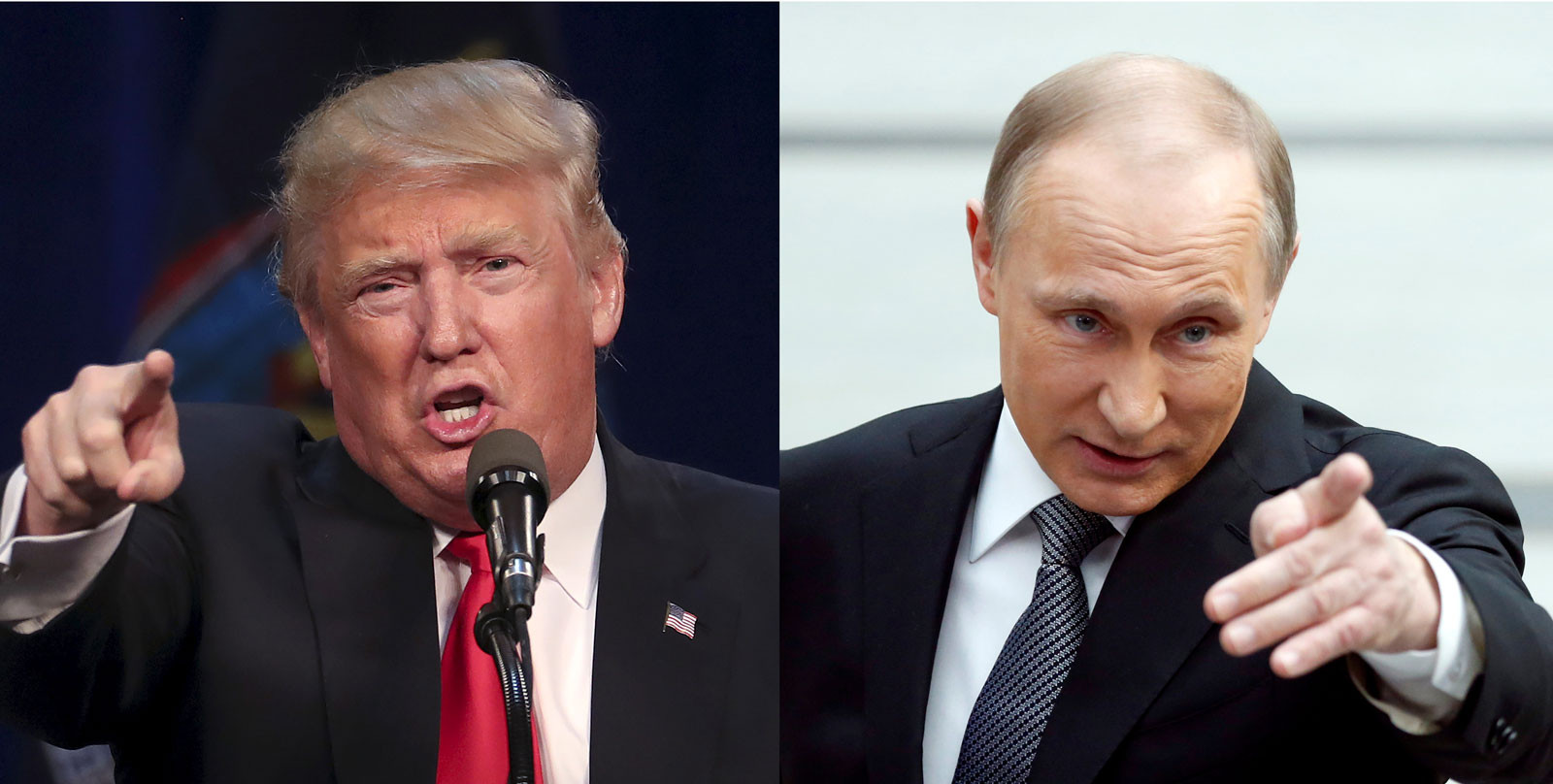 |
| Are Russia and the West entering Cold War version 2.0? Photo: Reuters |
And this confrontation has for the first time reached a dangerous point - the moment of the "missile crisis" is near. And if just a miscalculation or technical problem, things could push things much further than what happened on Saturday (April 14). The way the US has chosen to handle the problem in Syria clearly creates a very high risk of direct military collision between Russian and US forces. This is worrying for the world.
As Russia is being tightened by the West, led by the US, and isolated. This shows a comprehensive confrontation. And it is easy to see that version 2.0 of the Cold War between Washington and Moscow is far different from the original in that there is no longer symmetry, balance or respect between the sides. This creates the feeling that both sides can easily let things go too far, and cannot return to the original state.
The conflict in Syria, and more specifically the recent US-led airstrikes, is not the most direct version of a US-Russia confrontation. But no one can be sure that the line will not be crossed soon, as both sides have exhausted their options against each other.




